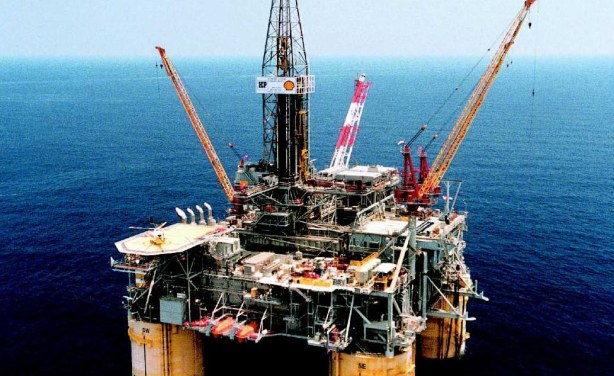Abuja — THE International Monetary Fund, IMF, yesterday, cautioned Nigeria against expansionary fiscal policies, given the uncertainty that still pervades the global economic scene just as the Nuhu Ribadu Task Force set up by the Federal Government to review the oil industry has found that the use of crude oil traders was contrary to the global best practice and trend wherein national oil companies develop their own trading arms.
IMF’s Senior Resident Representative in Nigeria, Mr. Scott Rogers, who presented the World Economic Outlook, told journalists, in Abuja that Nigeria must take advantage of the current growth to strengthen her fiscal position by saving for the future, as there is no assurance of early global economic recovery.
His words: “The global economic outlook remains uncertain. The global context has continued to witness slowing growth mostly marked in the advanced economies.
The US housing prices remain depressed and that nation’s weak economy is impacting negatively on many other countries of the world because the US is an export destination of many countries of the world. The US economy is recovering but the recovery is still weak.
“If the world economy remains weak, it will continue to affect countries of the world especially those with strong ties with the US and the Euro area which could actually go into recession. Export growth in Sub-Sahara Africa has remained weak due to the weakening economies of the advanced countries”.
Mr. Rogers said that the situation could be worse if by January, American President Barak Obama fails to reach a deal with the Congress to raise the deficit ceiling, as according to him, “that will mean raise in tax rates and cut in government expenditure across board which could further weaken the growth or even throw the economy into recession”.
The Resident Rep urged the Federal Government to come up with policies to save as much funds as possible and avoid undue increase in government spending, to avoid a burst if oil prices crash.
According to him, the Nigerian economy stands the risk of being faced with lower crude oil prices due to weak global economy and that as such a high oil price benchmark, as being proposed by the National Assembly could hurt the economy.
Therefore, the challenges, he said, is for the nation to generate fiscal surplus while oil prices are high and use it to build the nation’s reserves, rather than drawing it down from the Excess crude Account to be spent. “Stop spending what is meant to be saved. Make the oil price rule effective,” he advised.
via Vanguard



